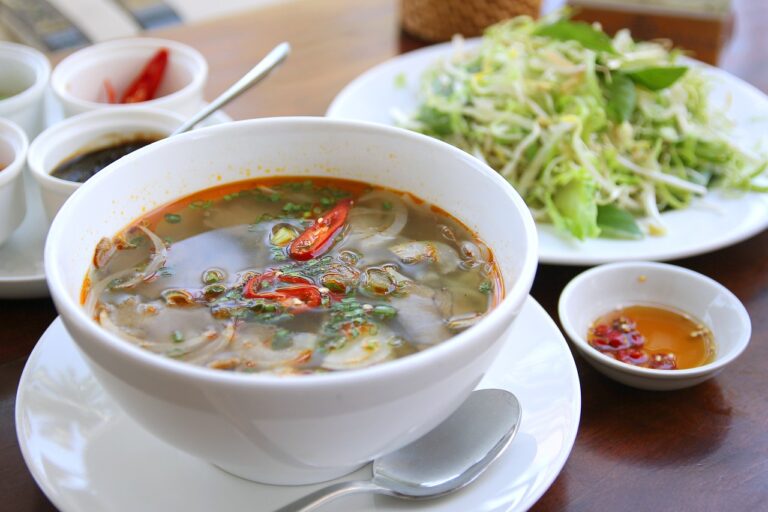Analyzing the economic impact of pulp and puree exports: Betbhai9 com sign up, Playexch, Gold365win
betbhai9 com sign up, playexch, gold365win: Pulp and puree exports play a significant role in the global economy, with many countries relying on these products for both local consumption and international trade. From fruits like mangoes and apples to vegetables like tomatoes and carrots, pulp and puree exports offer a convenient way to preserve and transport produce while also adding value to the raw materials.
In this article, we will delve into the economic impact of pulp and puree exports, examining key factors such as market trends, trade policies, and industry challenges. By analyzing these aspects, we can gain a better understanding of the role that pulp and puree exports play in the global economy and how they contribute to economic growth and development.
Market Trends in Pulp and Puree Exports
The market for pulp and puree exports is influenced by a variety of factors, including consumer preferences, supply chain dynamics, and global trade patterns. In recent years, there has been a growing demand for natural and organic products, leading to an increase in exports of pulp and puree made from organic fruits and vegetables.
Additionally, consumers are increasingly looking for convenient and healthy food options, driving the demand for pre-packaged pulp and puree products. This trend has spurred the growth of the pulp and puree market, with many countries investing in advanced processing technologies to meet the evolving needs of consumers.
Trade Policies and Regulations
Trade policies and regulations also play a crucial role in shaping the landscape of pulp and puree exports. Tariffs, quotas, and sanitary and phytosanitary measures can impact the competitiveness of exporters and determine market access for products. Countries with favorable trade agreements and policies stand to benefit from increased market opportunities and reduced trade barriers.
On the other hand, restrictive trade measures can hinder the growth of pulp and puree exports, leading to market distortions and reduced competitiveness. It is essential for policymakers to create an enabling environment for exporters, ensuring that trade regulations are transparent, predictable, and in line with international standards.
Industry Challenges and Opportunities
Despite the positive growth trajectory of the pulp and puree industry, exporters face a range of challenges that can impede their success. These challenges include supply chain disruptions, quality control issues, and volatile market conditions. In addition, rising production costs and changing consumer preferences pose significant challenges for exporters seeking to maintain a competitive edge in the global market.
However, there are also opportunities for growth and innovation in the pulp and puree industry. Technological advancements, market diversification, and sustainable practices offer avenues for exporters to enhance their competitiveness and capture new market segments. By investing in research and development, improving product quality, and exploring new export markets, pulp and puree exporters can position themselves for long-term success.
FAQs
Q: What are the benefits of exporting pulp and puree products?
A: Exporting pulp and puree products can provide numerous benefits, including revenue generation, market diversification, and access to new technologies and best practices. By expanding into global markets, exporters can tap into a larger customer base and create opportunities for growth and expansion.
Q: How can exporters ensure the quality and safety of their pulp and puree products?
A: To ensure the quality and safety of pulp and puree products, exporters should adhere to stringent quality control measures, implement food safety standards, and comply with regulatory requirements. Regular testing, monitoring, and auditing can help exporters maintain a high level of quality and safety throughout the production process.
Q: What are some emerging trends in the pulp and puree export industry?
A: Emerging trends in the pulp and puree export industry include a focus on sustainability, product innovation, and digitalization. Exporters are increasingly looking for ways to reduce their environmental footprint, develop new product formulations, and leverage technology to streamline operations and enhance customer experience.
In conclusion, pulp and puree exports play a crucial role in the global economy, offering a valuable source of revenue for exporters and contributing to economic growth and development. By analyzing market trends, trade policies, and industry challenges, we can gain insights into the economic impact of pulp and puree exports and identify opportunities for growth and innovation in the industry. As exporters navigate the complex dynamics of the global market, it is essential to stay informed, adapt to changing conditions, and leverage opportunities for sustainable and inclusive growth.







